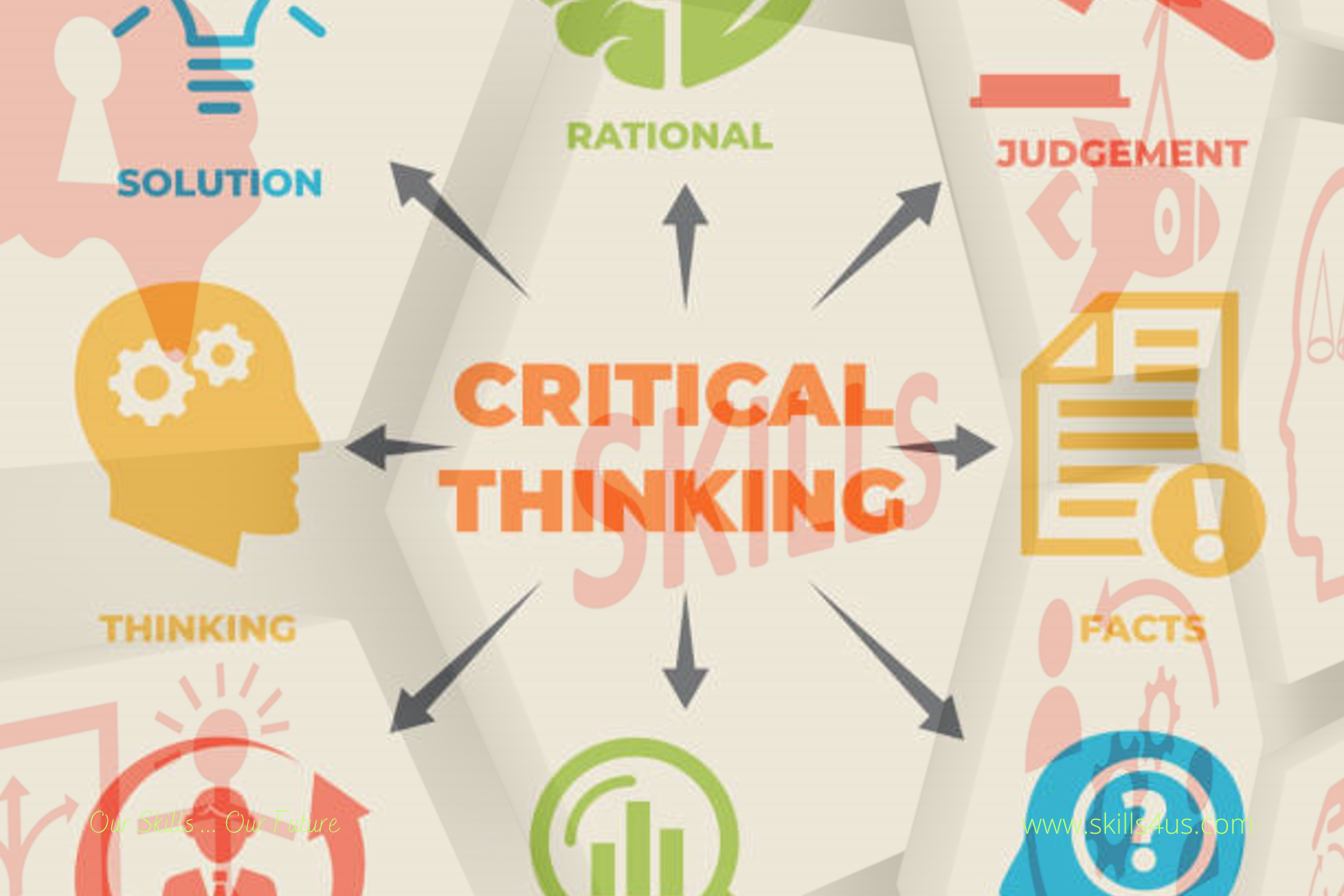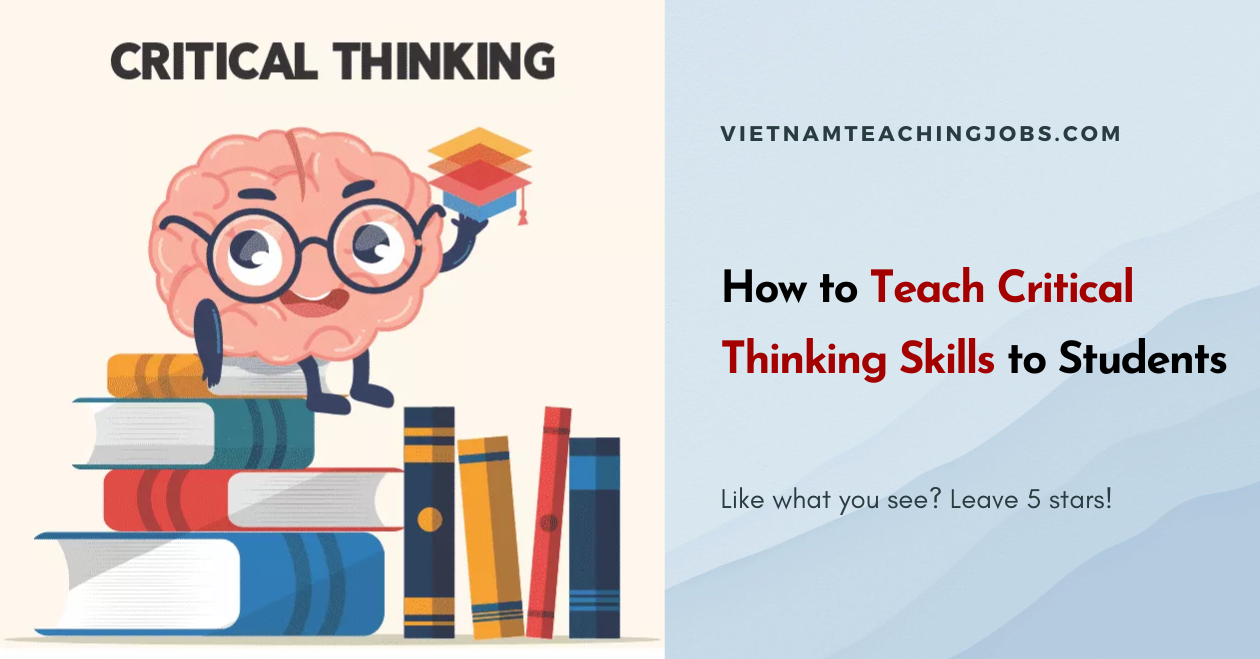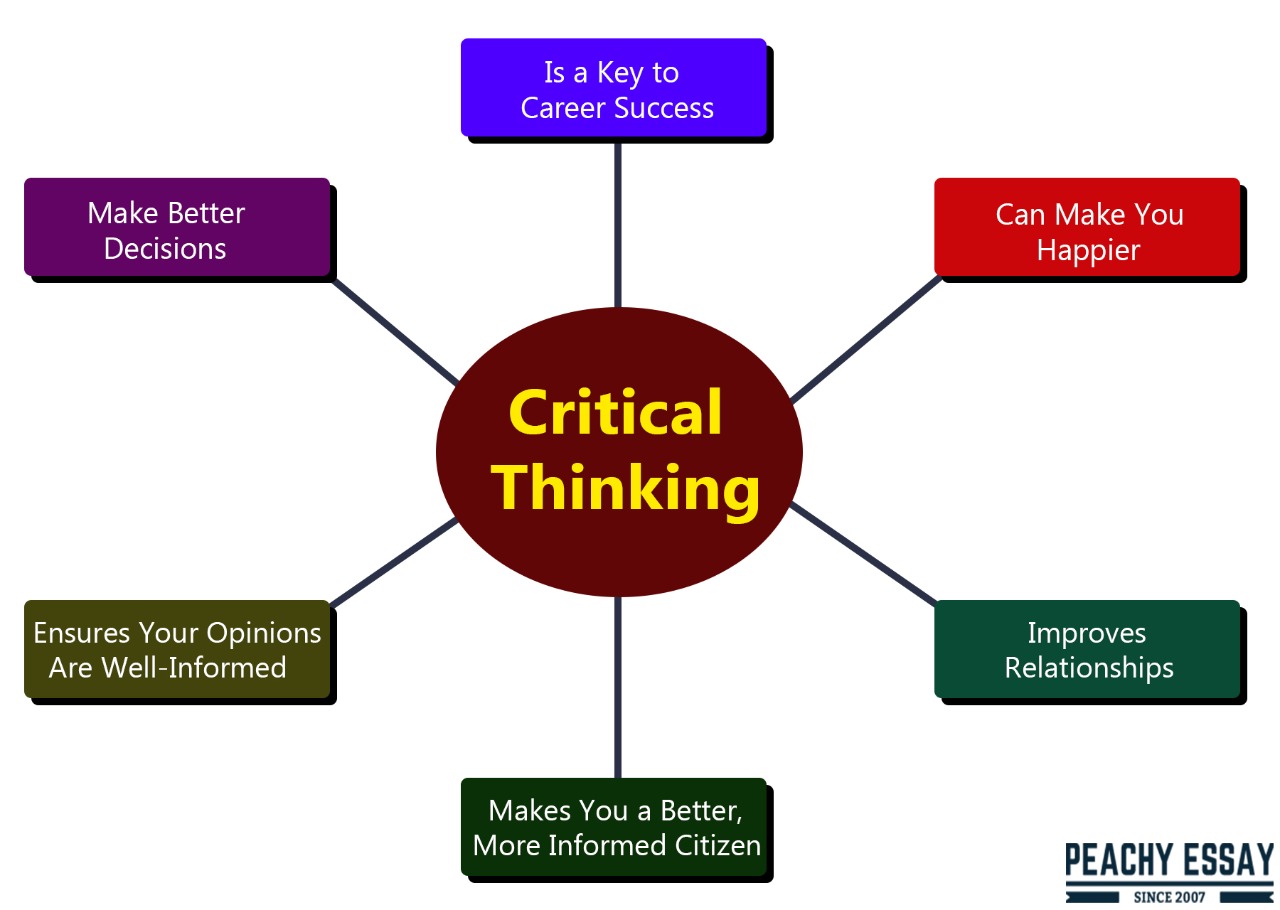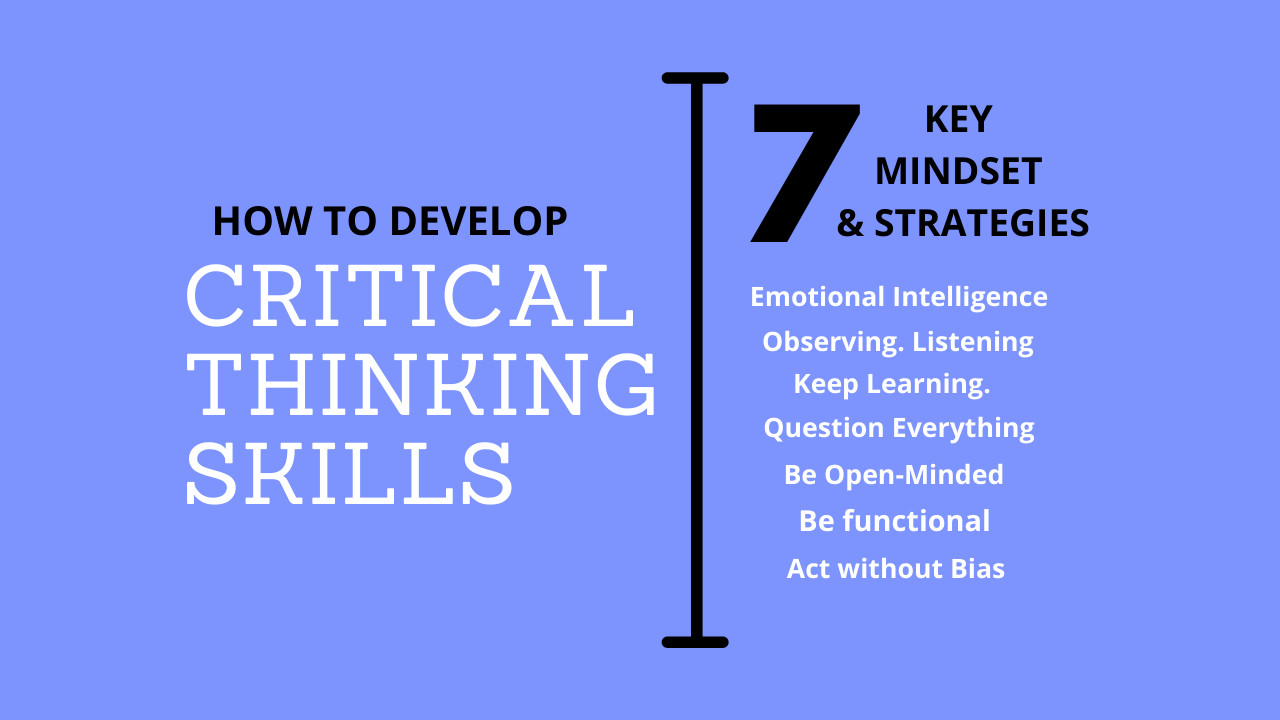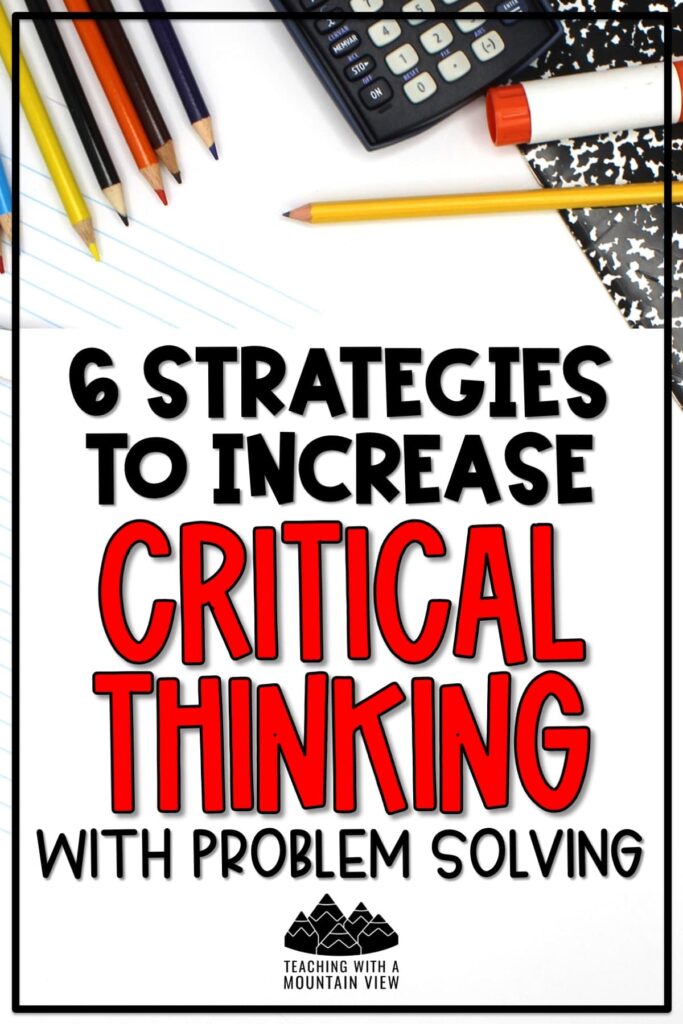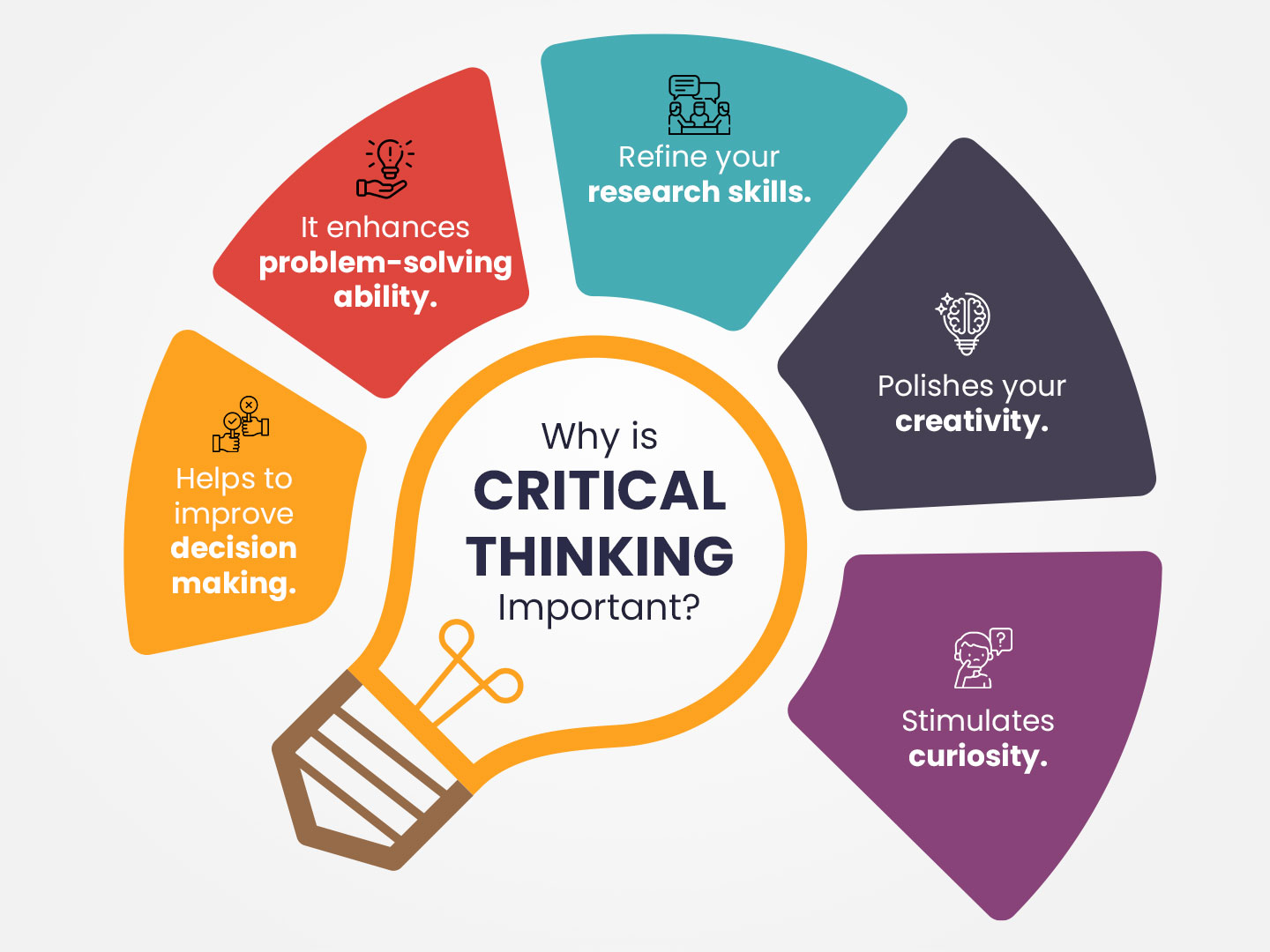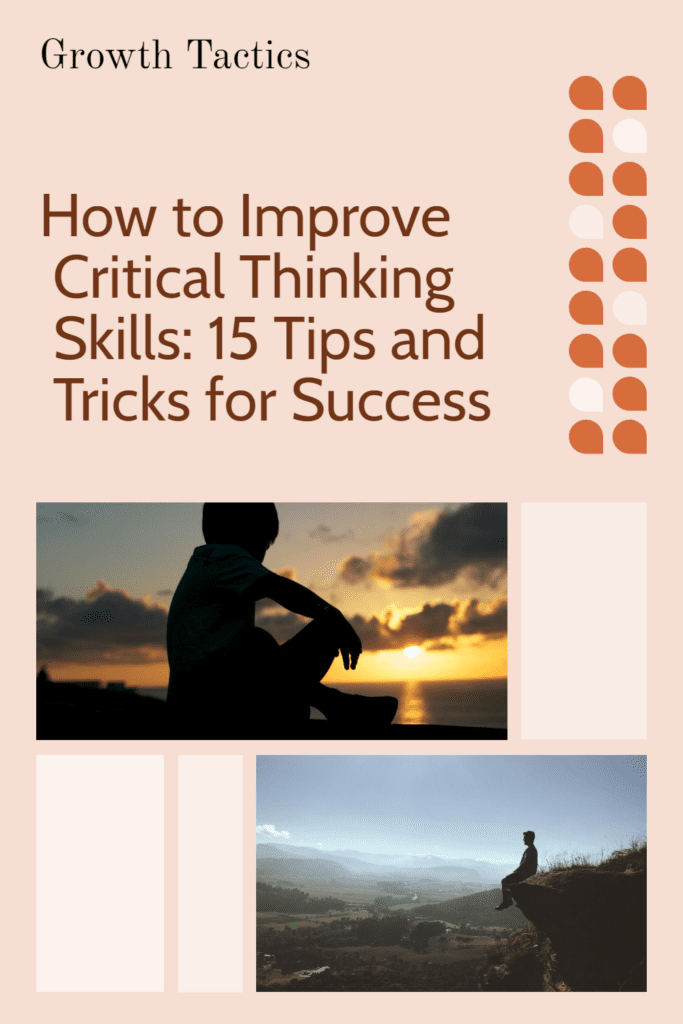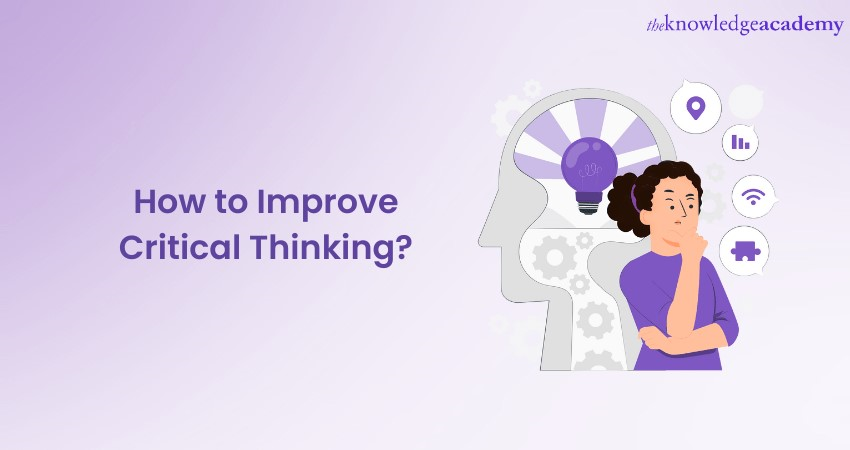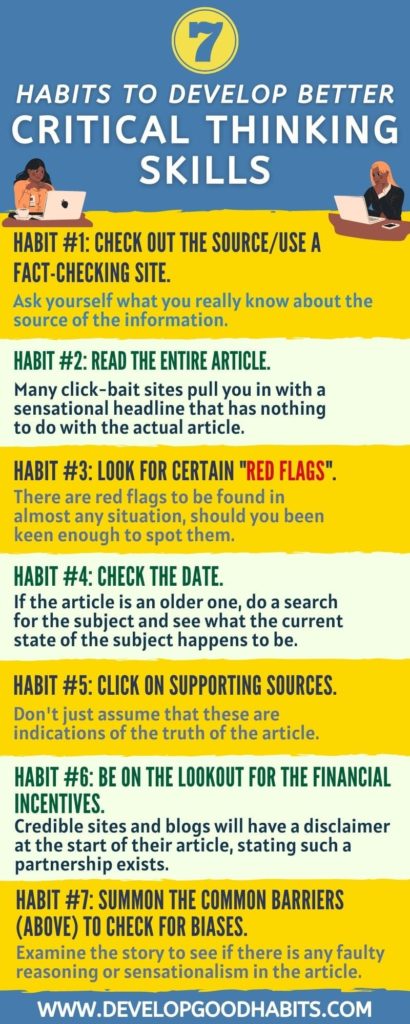How To Get Better At Critical Thinking

In an era defined by information overload and increasingly complex global challenges, the ability to think critically is no longer a mere academic pursuit, but a fundamental survival skill. From discerning credible news sources to making sound financial decisions, critical thinking underpins our capacity to navigate daily life effectively. Yet, many individuals find themselves ill-equipped to analyze information objectively and form well-reasoned judgments.
This article delves into actionable strategies for honing your critical thinking abilities. We will explore techniques grounded in cognitive psychology and educational research, offering practical steps to improve your reasoning, analysis, and decision-making skills. Prepare to embark on a journey of intellectual empowerment, transforming how you process information and engage with the world around you.
Understanding the Core of Critical Thinking
At its heart, critical thinking involves analyzing information objectively and forming a judgment. It's about questioning assumptions, identifying biases, and evaluating evidence before reaching a conclusion. This process goes beyond simply memorizing facts; it demands active engagement with the material and a willingness to challenge preconceived notions.
According to the Foundation for Critical Thinking, a non-profit dedicated to promoting critical thinking skills, it necessitates effective communication and problem-solving abilities. It also includes a commitment to overcoming egocentrism and sociocentrism.
Cultivating a Questioning Mindset
One of the most effective ways to enhance critical thinking is to cultivate a questioning mindset. Instead of passively accepting information, actively seek out alternative perspectives and ask probing questions. Start by asking yourself, "What assumptions am I making?" and "What evidence supports this claim?"
Dr. Linda Elder, an educational psychologist and president of the Foundation for Critical Thinking, emphasizes the importance of asking 'deep questions' – questions that delve into the underlying logic and assumptions of a topic.
Improving Your Information Literacy
The digital age has brought with it an unprecedented flood of information. Therefore, being able to effectively evaluate sources is paramount. Consider the source's reputation, author's credentials, and potential biases when assessing information.
Look for evidence of fact-checking and cross-reference information with multiple reliable sources. Websites like Snopes and PolitiFact can be valuable resources for verifying the accuracy of claims.
Sharpening Your Analytical Skills
Analytical skills are crucial for breaking down complex information into manageable parts. One technique involves using the Socratic method, a form of inquiry that involves asking a series of questions to explore underlying beliefs and assumptions. This method encourages you to think critically about your own thinking and the thinking of others.
Another useful strategy is to practice argument mapping. Argument mapping involves visually representing the structure of an argument, including its premises, conclusions, and counter-arguments. This technique can help you identify logical fallacies and weaknesses in reasoning.
Overcoming Cognitive Biases
Cognitive biases are systematic patterns of deviation from norm or rationality in judgment. These biases can significantly impair our ability to think critically. Some common biases include confirmation bias (seeking out information that confirms pre-existing beliefs) and anchoring bias (relying too heavily on the first piece of information received).
Becoming aware of these biases is the first step towards mitigating their effects. Actively seek out alternative perspectives and challenge your own assumptions. Engage in activities that promote intellectual humility, such as admitting when you are wrong or uncertain.
Engaging in Active Learning
Passive learning, such as simply reading or listening to lectures, is less effective for developing critical thinking skills than active learning. Engage in activities that require you to apply your knowledge and skills, such as problem-solving exercises, group discussions, and debates.
Consider taking online courses or workshops specifically designed to improve critical thinking skills. Many universities and educational institutions offer such programs. Moreover, debates offer a platform to not only speak your mind, but to also listen and analyze arguments from opposing viewpoints.
The Importance of Practice and Reflection
Like any skill, critical thinking requires consistent practice. Look for opportunities to apply your critical thinking skills in everyday situations. Reflect on your thinking processes and identify areas for improvement. Consider keeping a journal to document your thought processes and track your progress.
Regularly engaging in these activities will help you develop a more critical and analytical mindset. This can lead to better decision-making, improved communication, and a deeper understanding of the world around you.
Looking Ahead: The Future of Critical Thinking
As technology continues to advance, the demand for critical thinkers will only increase. Artificial intelligence and automation are rapidly transforming the workforce, making critical thinking and problem-solving skills even more valuable.
By investing in your critical thinking abilities, you are not only enhancing your personal and professional life. You are also preparing yourself for a future that demands adaptability, innovation, and sound judgment. The ability to think critically is an investment in your future and the future of society as a whole.




